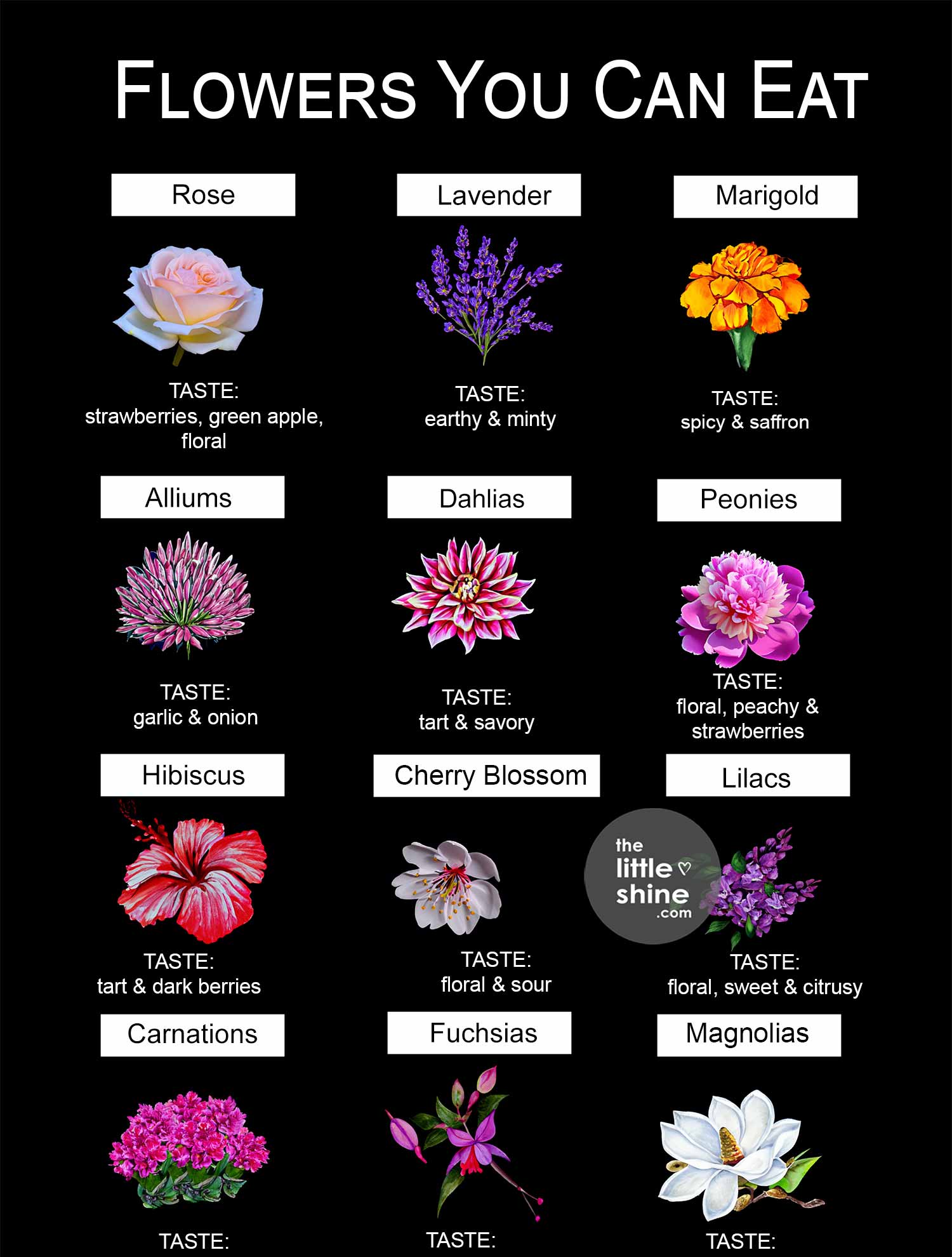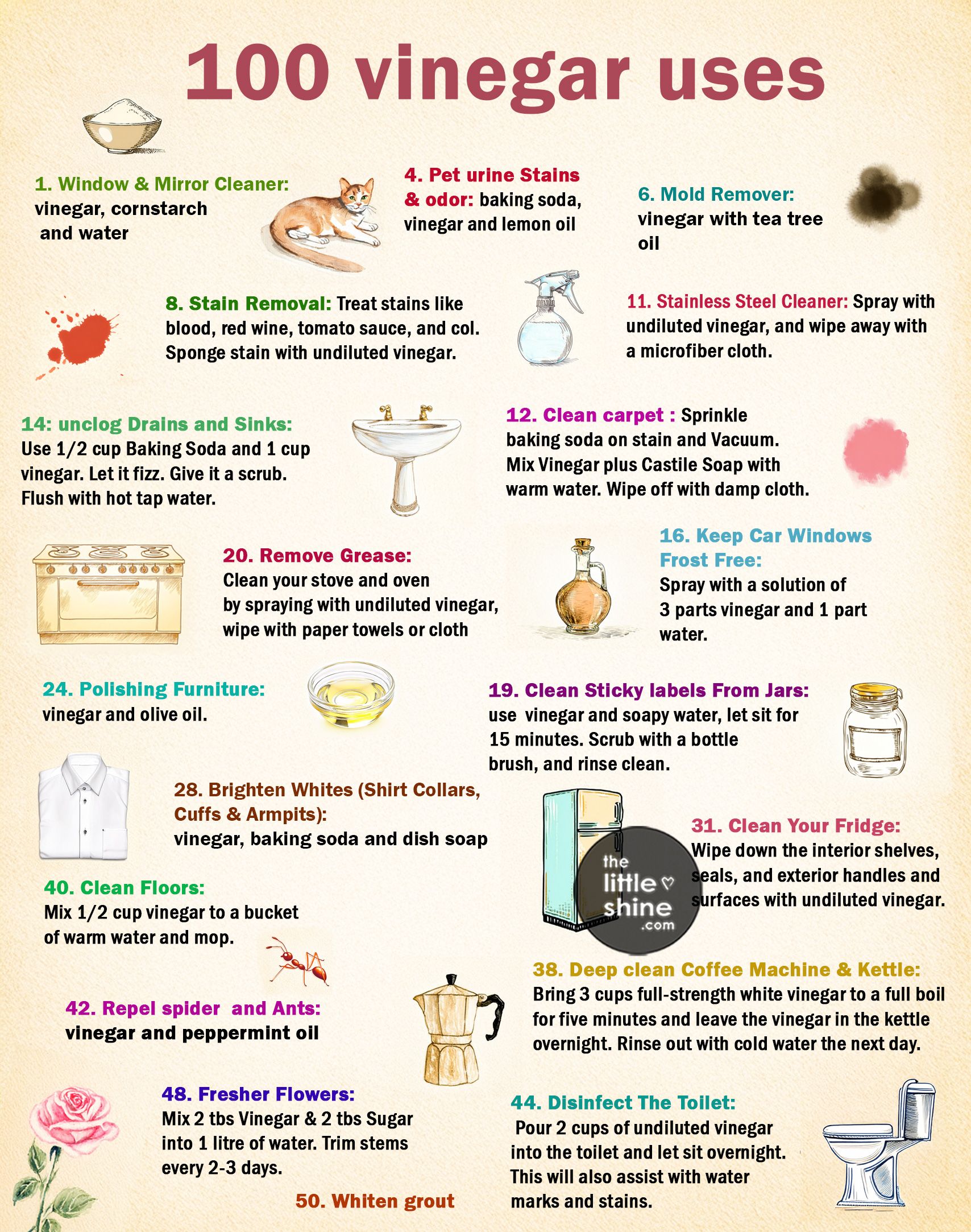Types of Edible Flowers – Flavor and Ways to Use Them
Did you know that flowers are edible? Well, I’m sure you guys must have heard of rose, jasmine and chamomile flowers being edible, but there are many more flower variants that I’m sure you haven’t even heard of that are edible with amazing flavours.

Flowers are rich in minerals, antioxidants, fibre and vitamins and they can be added to one’s diet, in addition to fruits and vegetables. Let’s talk about some of the types of edible flowers, what they taste like and what are some of the ways you can use them.
10 Types of Edible Flowers, Flavour and Ways to Use Them
1. Lavender
Lavender flowers are one of the most popular edible flowers and are most often used in its dried form. Nevertheless, lavender flowers can also be used in their fresh form as well.
Flavour: Woody, floral, earthy, minty
Uses: To make syrup, for garnish and decoration, for infusion, to steep in milk, to cook, bake, to make lavender sugar
2. Cherry Blossom
This flower is commonly known as Sakura. This flower can be used both in its dried and fresh form.
Flavour: Sweetish-sour (it has an acquired taste)
Uses: To decorate cakes, to add to baked goods, to make ice cream, to steep in tea, to garnish, to make sakura vinegar, to make syrup
3. Carnations
These flowers have an edge over other edible flowers because some carnations are sweet, while some are savoury. Just like roses, they come in a variety of colours.
Flavour: Sweet and savoury, spicy and bitter, sometimes have a hint of flavour of nutmeg and clove
Uses: To infuse and make syrups, to make cocktails, to garnish, to add to rice dishes, sauté with vegetables, to add to salads
4. Roses
This flower is one of the most commonly used edible flowers and they come in a variety of colours as well.
Flavour: Very floral, with a hint of green apple and strawberry
Uses: For infusion, to make syrups, to make rose water, to garnish and decorate cakes, to steep in tea or milk, to make ice cream and jam
5. Hibiscus
Hibiscus flowers are found in tropical climates and come in different colours.
Flavour: Tart, berry-like, with hints of pomegranate and cranberry
Uses: To steep in tea, to infuse and make syrups, to garnish salads and cocktails, to flavour cakes
6. Marigold
Marigold flowers are well-known for their saffron-coloured hue and can be used both dried and as fresh flowers.
Flavour: Mildly spicy, with a hint of saffron flavour
Uses: To infuse in oil, for garnishing foods, to arrange on cakes, salads, pasta
7. Dahlias
Dahlia flowers have a unique bulb–like shape and they come in different colours.
Flavour: Spicy apple, water chestnut, beetroot, carrot, celery
Uses: To decorate cakes and desserts, to garnish savoury dishes
8. Fuchsias
Fuschia flowers look absolutely beautiful indeed and they make for a stunning decoration when it comes to plating food or desserts/cakes as well.
Flavour: Bitter, peppery (with a hint of lemon, grape and pomegranate)
Uses: To make jam, to garnish dishes, to decorate desserts, cakes and plate savoury dishes
9. Magnolia
Magnolia flowers are used for their petals and can be used both raw and dried.
Flavour: Ginger-cardamom
Uses: To garnish salads and desserts, to decorate cakes, to pickle, to infuse them into syrups
10. Pansies
Pansies are very popular flowers in confectionaries. They are found in a range of colours from light to dark purple and are often available for sale in grocery stores.
Flavour: Slightly floral, sweet
Uses: To add into cocktails, salads, desserts, and vegetables, to infuse into syrups, to garnish dishes, to make candy, to press into cookies

